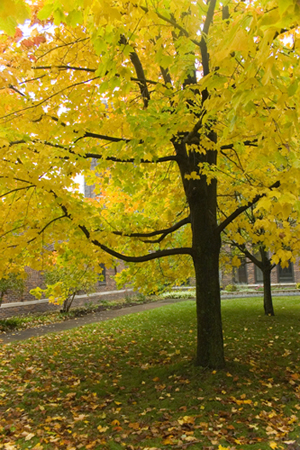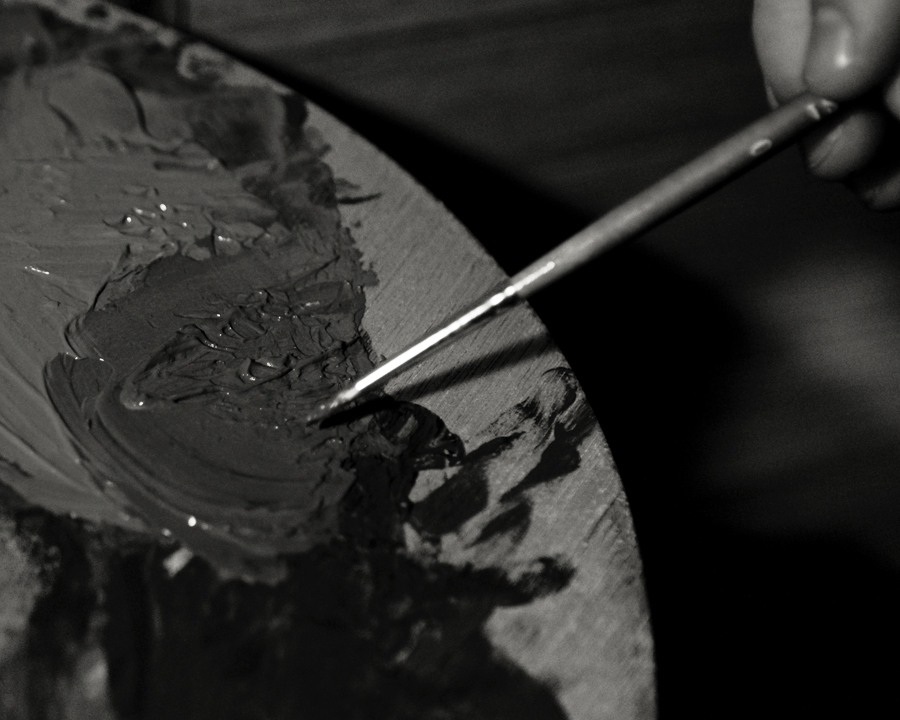The pieces were old, chipped, worn with time, leftover fragments of a broken existence that had outlived its intended usefulness. What may once have been tiles, plates, an ornamented vase, were now littered shards of variant color. Individual pieces stood collected in time and space, each different in shape or size or hue, stories hidden within each one.
Small, brown, chipped at the edges, she was left swimming in a sea of white. Her people had lived in this great land hundreds of years before the white settler made his claim. There had been enough room for both cultures to coexist. But fear of the unknown had acted in haste, seeking to destroy what it did not understand. Today her people were integrated, mixed into a sea of white pieces like a smattering of unwanted mess. Centuries later, people still judged, still made assumptions, still considered the brown inferior. They delegated the fleck of her life to a spot below theirs on a racial totem pole.
New threatened by old.
Quiet threatened by loud.
Black threatened by white.
Old threatened by young.
Two women argued in a kitchen, two pieces broken from the same household pitcher, the same mold of society. Their ceramic faces wore thin, as silent threats volleyed across the room. They were baking pies. It was some disagreement over the recipe. A teaspoon of spice was shattering the confidence of both. Each wanted their own method to be judged superior. But who determines the standard? Does it have to be one or the other?
When will I ever be enough? Silent whispers rise from countless voices. Unspoken thoughts are lined with desperation…
I fear your success. It scares me because I recognize its value. Deep within, my heart admires your accomplishment, but I can never let you know, never let the world know. I refuse to acknowledge its existence. I can’t afford to. The world hasn’t left room for both you and I to succeed. One of us will fall below the other, and I will not allow myself to land at the bottom. So I have to turn my head from who you are, the value of your life, because only the fittest survive.
Shiny, bright, intelligent, he drove a Lamborghini, lived in a multi-million dollar house and brought home an eight-figure paycheck. Dull, plain, ordinary, he rode the city bus and struggled to keep food on the table. Who can determine the standard of their value? Two human lives existing within the same city. Who holds the measure of their worth? Are they comparable? Compatible?
She was gold, flashy, bejeweled. I judged her because she was different, because she wore paint on her face, bore a glittering rock on her hand, and shopped in a name brand store. I stereotypically classified her, summed up the value of her life, and mentally noted how my lifestyle was better, why I preferred my appearance, with my wind blown hair and artistically altered dress found in a downtown thrift shop. I created a mental list of reasons to justify my judgment… But did I stop to ask why she chose to live the way she lived, why she shopped in the places she did, why she wore make-up on her face every day? I never attempted to understand.
Dull threatened by flashy.
Jagged threatened by smooth.
Poor threatened by rich.
Broken threatened by whole.
She was one shattered piece among many. But they were all broken, every single fragment. They each had rough edges, sharp boundaries with which to keep the world at bay. Poking and prodding, each vied for its own space, alone. But what if their edges weren’t meant to create distance? What if they were meant to draw diversity closer together?
Tiers, layers, levels. The hierarchy of society assumes that given two alternatives, one must be better. By inference, one must also be worse. But maybe society is wrong. Maybe the best is relative. Maybe the pieces fit together.
“Human salvation lies in the hands of the creatively maladjusted.” – Martin Luther King Jr. Reconciling the black and white pieces of America required the courage of a few who allowed their discontent with society to compel them to action. They were artists, setting aside their own defensiveness and individual boundaries to fit broken pieces together as art.
Not wrong. Just diverse. Not worse. Just different.
The church, like the rest of the world, is fragmented. The body of Christ exists in millions of little broken pieces scattered throughout thousands of sects and denominations. Each has their own way of worshipping. Some raise their hands and shout loudly towards the heavens while others bow their heads in silent reverence. To some degree, each fragment laughs at the others, convinced they have found the only way. I’ve witnessed the jibes first hand. I’ve heard the chortle within my own soul. I am not immune.
Why are people so threatened by what is different? Why can I not be equally comfortable with every stream of worship, every color of skin, every subculture of society? What do you have left to prove?
Preference is not objective. It blooms and withers as quickly as flowers fade in the fields. What is liked today may be hated tomorrow. The human heart has a way of changing its mind to suit the fashions of the time, the whim of selfish gain. Whatever most serves the individual at any given moment is assured to be the best. Everything else becomes a threat.
The bride of Christ was not redeemed to walk in fear. She is a body, a work of diversity. Her parts are comprised of both individuals and denominations, including races and cultures of every hue. Each has beauty to add to the design. One piece is not more important than another, just different. She needs every organ to function. Somehow the truth has been distributed throughout thousands of broken fragments. A clear picture cannot be seen until all the pieces are fitted together, until fear differences are set aside. Understanding will not be comprehensive until the mosaic is complete.
Step back from the space on the wall filled with these broken bits. You have been staring closely. Let your eye move from the minute to the grand scale. The picture comes into focus, the pieces of the world drawn together in the face of Christ. The Byzantine mosaic is more than a work of art. It is a lesson in the function of diversity.
A mosaic is impossible to create with only pieces of the same shape and tone and size. Variety allows for beauty. Art requires contrast to be appreciated, not feared. Fragments of clay and stone that used to have very different functions unite in one purpose under a vision of something more, a vision beyond individual existence.
Our brokenness has the power to unite us.












